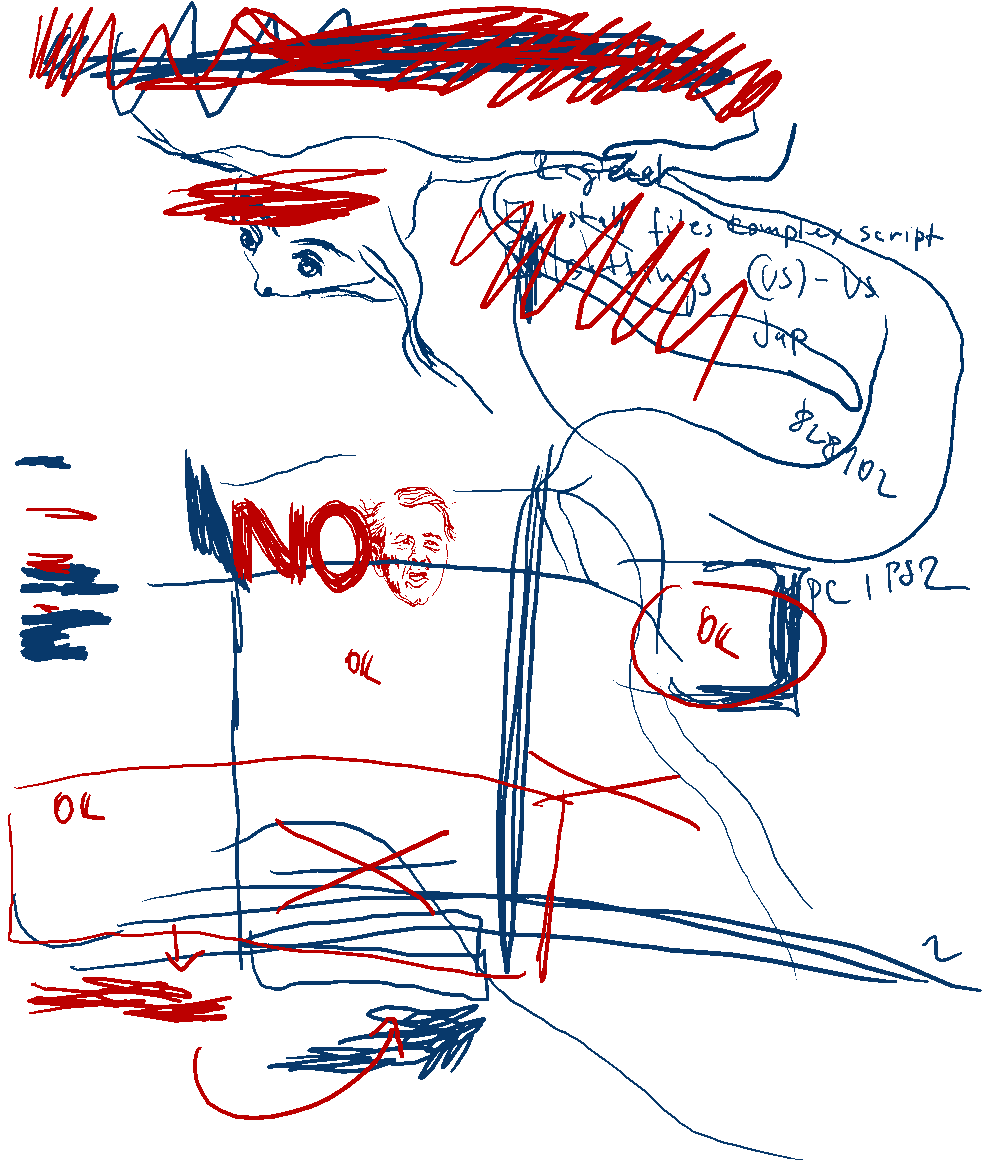On Thursday, leaders of Sweden and Finland met with US President Joe Biden at the White House after they submitted their NATO membership applications on Wednesday.
Here’s what you need to know about what the leaders said at the press conference in the Rose Garden after their meeting in the Cabinet Room.
Biden offers “strong support” for Finland and Sweden’s NATO bids
“Finnish and Swedish troops, they have already served shoulder to shoulder with US and NATO forces in Kosovo, in Afghanistan and in Iraq. And both Finland and Sweden are already working in coordination with the United States and our other allies and partners to support the brave people of Ukraine,” Biden said, adding that the countries already meet all of NATO requirements, “and then some.”
The Biden administration will submit reports to the US Congress on this NATO accession for both countries
This is “so the Senate can efficiently and quickly move on advising and consenting to the treaty,” Biden announced Thursday. Within the US, at least two-third of the Senate must vote to approve new member states in the defensive alliance. Similarly, the legislatures of all 30 current members must approve new NATO applicants.
Leaders of Finland and Sweden expressed their hopes for a quick ratification
“Russia’s war in Ukraine has changed Europe and our security environment. Finland takes the step of NATO membership in order to strengthen not only its own security, but also in order to strengthen wider transatlantic security,” Finnish President Sauli Niinistö said.
Finland shares an 800-mile-long border with Russia.
Sweden’s government “has come to the conclusion that the security of the Swedish people will be best protected within the NATO alliance, and this is backed by very broad support in the Swedish parliament,” Prime Minister Magdalena Andersson said.
Turkey was also mentioned by every leader
As Turkish President Recep Tayyip Erdogan reiterated earlier on Thursday that his country “will say no to Sweden’s and Finland’s entry into NATO.”
In explanation he has cited national security concerns. Earlier this week, Erdogan accused both countries of housing Kurdish “terrorist organizations.”
He was mainly referencing the Kurdistan Workers’ Party (PKK) which seeks an independent state in Turkey. The group has been in an armed struggle with Ankara for decades and has been designated a terrorist organization by Turkey, the United States and the European Union.






















